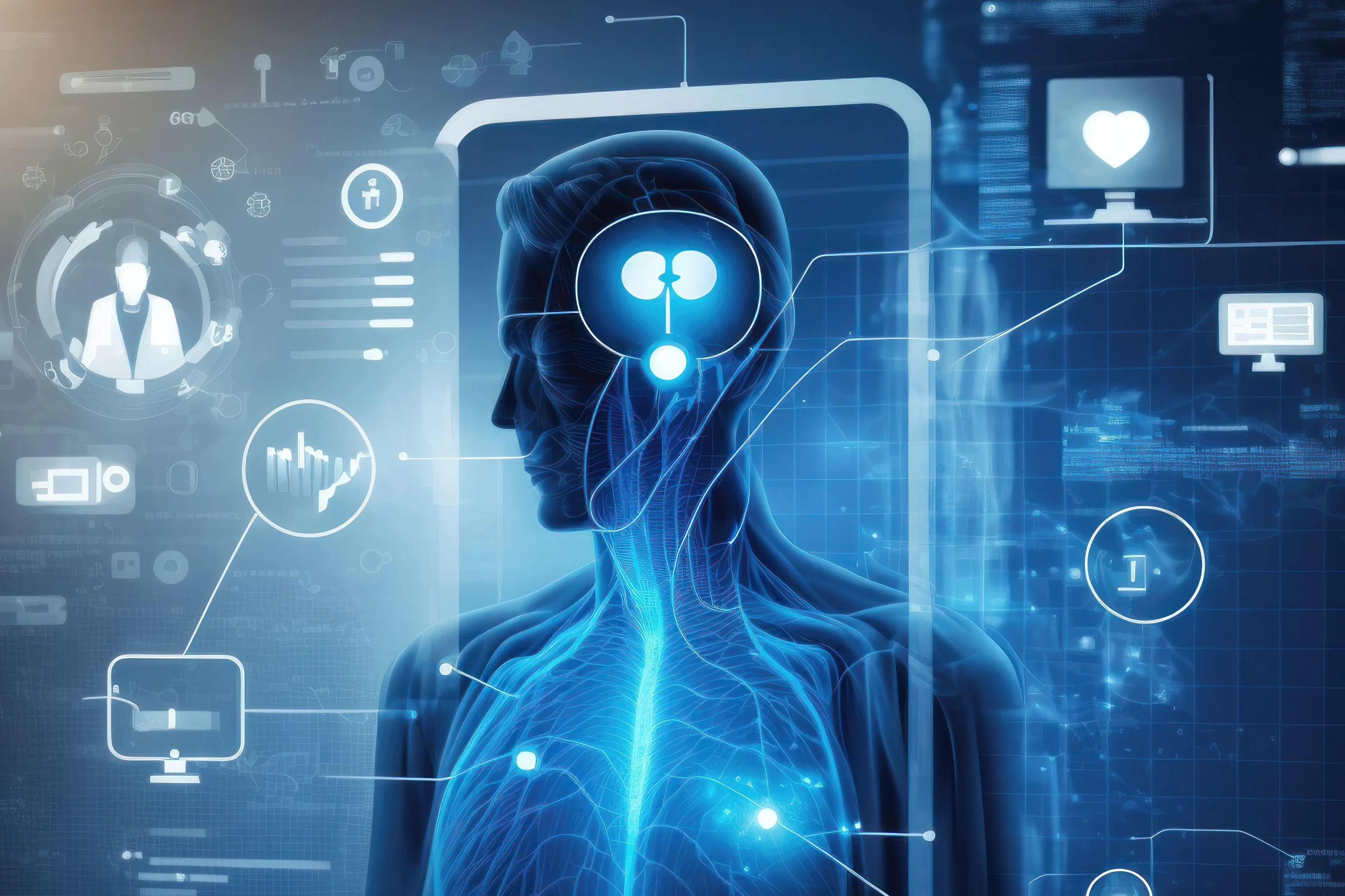(Artificial intelligence) It has been proven that artificial intelligence is very useful in medical treatment. In addition to being able to correctly read computerized tomography (CT) results using AI, it was also able to show that it has the ability to successfully pass the medical licensing exam that every doctor in the United States has to take.
Now, using AI, it is possible to read the patient’s medical records and accurately predict the patient’s condition and the progression of the disease.
Using this AI technique, the condition of patients who may die after treatment, the chance of survival, the ability to cure disease, Hospital readmissions, and other disease progression regressions were correctly predicted.
This AI system was developed by researchers at the NYU Grossman School of Medicine in New York State, United States. Currently, this method is being used in the teaching hospitals of the University of Medicine in New York State.
The researchers who developed it believe that this technique will soon be used as a routine technique in medicine.
The results of the study of the ability of this AI system to predict the progression of the disease were presented by the researchers in the research journal Nature.
He is a brain and neurosurgeon who led this research. Dr. Eric Oermann, an AI researcher, explained that AI-based disease progression prediction methods have been around for a long time. However, he explained that these old methods had to prepare the necessary information into machine-readable data, so they were very practical and difficult to apply.
Now the AI system can directly read medical records written by doctors. So there is no need to prepare separately.
This AI system is named NYUTron. To train the system, the medical records of 387,000 patients were read and trained.
Among these records are those written by doctors, X-ray and ultrasound findings, and hospital discharge certificates.
The main difficulty encountered here is that doctors have different writing styles as well as differences in abbreviations.
In this way, the experts were able to calculate the prediction ability of the AI by comparing the prediction of disease progression or regression predicted by the trained AI with the actual occurrence.
And this method was used in clinical trials for the treatment of patients. And the AI that was trained with medical records from one hospital was changed and tested in another hospital.
According to this test, the AI was able to correctly predict 95 percent of patients who would die. And they correctly predicted that 80% of patients would be readmitted within 30 days of being discharged from the hospital.
They found that this result exceeded most doctors’ predictions. And it’s better than computer prediction systems that don’t use AI.
Others correctly predicted the length of hospital stay for patients at 79%; 87% of patients will be denied health insurance for lack of money. In addition to the primary disease, 89% of patients with another disease were correctly predicted.
Dr. Orman said that AI will never be able to replace a real doctor. Instead, AI can help doctors make better decisions, he explained.



